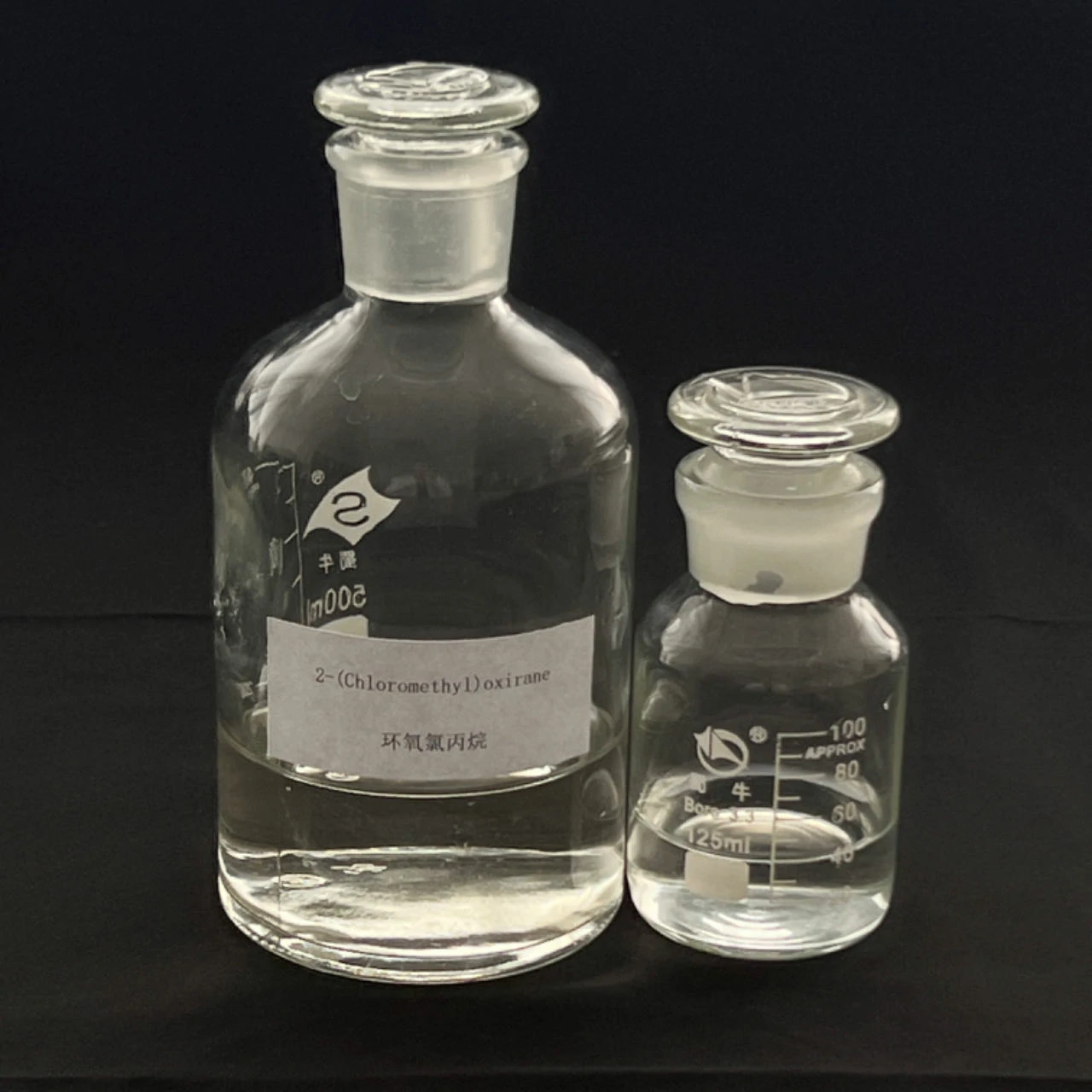Trimethylchlorosilane (TMCS) is widely used in the synthesis of silicones and silicone-based materials. Some of its applications include:
- Silicone Polymers: TMCS is a key building block in the synthesis of silicone polymers. It can undergo hydrolysis and condensation reactions with silanols (silicon-based alcohols) or siloxanes (silicon-based diols) to form siloxane linkages. This polymerization process leads to the formation of linear or crosslinked silicone polymers with various properties.
- Silicone Fluids: TMCS can be used to produce silicone fluids or silicone oils. By reacting with silanols or siloxanes, it forms linear siloxane chains with methyl groups attached to silicon atoms. Silicone fluids have excellent thermal stability, low volatility, and good lubricating properties, making them useful in a wide range of applications such as lubricants, hydraulic fluids, and heat transfer fluids.
- Silicone Elastomers: TMCS plays a crucial role in the synthesis of silicone elastomers, which are flexible and resilient materials with high elongation and low compression set. By crosslinking silicone polymers using TMCS as a crosslinking agent, silicone elastomers with different hardness and mechanical properties can be obtained. These elastomers find applications in various industries, including automotive, healthcare, and electronics.
- Silicone Sealants and Adhesives: TMCS is utilized in the formulation of silicone sealants and adhesives. It can react with silanols or siloxanes to produce silanol-terminated or siloxane-terminated polymers. These polymers, upon curing, form a flexible and durable seal or adhesive that exhibits excellent adhesion to a wide range of substrates.
- Silicone Coatings: TMCS can be employed in the synthesis of silicone coatings. By reacting with silanols or siloxanes and subsequently crosslinking the resulting polymers, TMCS contributes to the formation of silicone-based coatings. These coatings offer properties such as water repellency, chemical resistance, and heat resistance, making them suitable for applications such as protective coatings, anti-fouling coatings, and release coatings.
- Silicone Resins: TMCS is used in the production of silicone resins. By reacting with silanols or siloxanes under specific conditions, TMCS helps form highly crosslinked silicone networks. Silicone resins have excellent thermal stability, electrical insulation properties, and weather resistance, making them suitable for applications in coatings, encapsulants, and electrical insulation materials.
These are some of the applications of Trimethylchlorosilane in the synthesis of silicones and silicone-based materials. The specific applications may vary depending on the desired properties, molecular structure, and targeted applications of the silicone materials.
How does Trimethylchlorosilane contribute to the preparation of specialty chemicals or fine chemicals?
Trimethylchlorosilane (TMCS) contributes to the preparation of specialty chemicals or fine chemicals in several ways:
- Protection and Functional Group Manipulation: TMCS is commonly used as a protecting group in organic synthesis. It can selectively react with functional groups such as alcohols, amines, and carboxylic acids to form trimethylsilyl (TMS) ethers or esters. These TMS-protected groups can be stable under various reaction conditions, allowing for selective transformations of other functional groups in the molecule. Subsequent removal of the TMS group can regenerate the original functional group, China Trimethylchlorosilane enabling precise control over chemical reactions and protecting sensitive moieties.
- Catalysts and Reagents: TMCS can act as a precursor for various catalysts and reagents. For example, it can be used to prepare Lewis acid catalysts, such as trimethylsilyl trifluoromethanesulfonate (TMSOTf) or trimethylsilyl chloride (TMSCl), which find applications in organic transformations, such as esterifications, rearrangements, and cyclizations. TMCS can also be employed as a reagent for the synthesis of organosilicon compounds, which are key building blocks in the production of specialty chemicals.
- Cross-Coupling Reactions: TMCS can be utilized in cross-coupling reactions, such as the Stille, Suzuki, or Sonogashira reactions. By reacting with appropriate coupling partners, TMCS-functionalized compounds can serve as coupling partners for the formation of carbon-carbon or carbon-heteroatom bonds. These reactions are essential for the synthesis of complex and diverse fine chemicals, including pharmaceutical intermediates, agrochemicals, and specialty materials.
- Silicon-Containing Building Blocks: TMCS is a valuable source of silicon in the synthesis of various specialty chemicals. It can be used to introduce silicon atoms into organic molecules, leading to the formation of silicon-containing building blocks. These building blocks can impart unique properties to the resulting compounds, such as improved thermal stability, hydrophobicity, or enhanced compatibility with inorganic materials. Silicon-containing specialty chemicals find applications in areas such as coatings, adhesives, sealants, and advanced materials.
- Silane Coupling Agents: TMCS can be employed as a precursor for silane coupling agents, which are important additives in various industries. Silane coupling agents can enhance adhesion, improve dispersion, and provide other functional benefits when added to coatings, adhesives, and composites. TMCS serves as a starting material for the synthesis of specific silane coupling agents tailored for different applications.
- Specialty Polymers: TMCS plays a role in the preparation of specialty polymers with unique properties. By incorporating TMCS units into the polymer backbone, properties such as thermal stability, hydrophobicity, and chemical resistance can be modified. These specialty polymers find applications in areas such as high-performance materials, coatings, membranes, and separation technologies.
These are some of the ways in which Trimethylchlorosilane contributes to the preparation of specialty chemicals or fine chemicals. Its reactivity, versatility, and ability to introduce silicon atoms make it a valuable tool in the synthesis of diverse and specialized chemical compounds.

